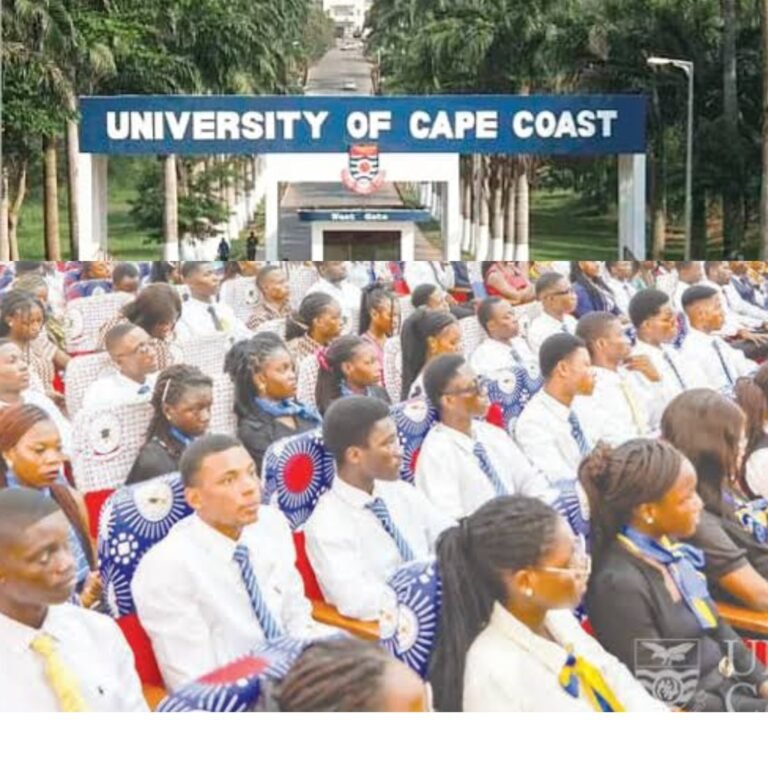
Jean Mensa, EC chair
The Electoral Commission (EC) has announced that missing names from the provisional voters’ register have been found as they were captured on the electronic register.
It attributed the anomalies to the transportation and transmission of the data from the registration centres onto the central data base at the EC’s headquarters.
Speaking at the “Let the Citizens Know” platform, the EC Chairperson, Jean Mensa, said the situation was not concentrated in some specific constituencies as is being suggested by some critics of the EC.
She noted that her outfit would never think of disenfranchising any eligible voter because that is a constitutional right which is sacrosanct.
She therefore condemned comments which suggested that the de-duplication process had been abandoned, adding that but for the de-duplication process, it would not have been possible for the amendments to be done
The EC Chair further announced that 7,969,807 prospective voters were able to verify and authenticate their details during the just-ended 10-day voters register exhibition held at the 33,367 centres nationwide.
She explained that the short message service introduced by the Commission recorded 698,404 prospective voters verifying and authenticating their data in the register, while a total of 7,969,807 prospective voters verified their names at the exhibition centres.
Comparing a similar exercise that preceded the 2016 general elections, she said the turnout rate for the 2016 exhibition, which lasted for 21-days was 46.5 per cent while the recent 10-day exercise recorded a turnout rate of 46.9 per cent.
This has resulted in an additional 44,420 new voters to the provisional voter population of 16,663,669, bringing the new provisional voter population to 17,007,726.
The additional figures were captured from registered voters in some second cycle institutions whose data got to the EC late, figures from some prisons, and those from far-reaching communities surrounded by water bodies.
According to Mrs Mensa, the new voter population figure shows how fluctuating provisional figures in a registration exercise could be, stressing that the EC, which wants to make every step of the electoral process very transparent, is very much committed to conducting free, fair and transparent elections and that there is no way the Commission could compromise the will of the people.
Duplicate numbers
Touching on the issue of duplicate voter identification numbers, the Commission said that 88,000 duplicates were detected when the national data came together online and that the Commission was in the process of handing over the new ID cards with the new numbers to the affected voters.
Mrs Jean Mensa explained that the duplicates occurred because the registration kits were offline, hence all voter ID numbers were issued independently.
“To prevent the duplication of voter ID numbers, each kit is given a unique code. What we realised during the registration was that in instances where the registration kits become faulty, they were withdrawn from the field and a new one was sent to the field and the same code was put on the new one,” she said.
“However, when the faulty kit was brought back to the field, that code was not changed and so you realised that we had two kits with the same code and this meant that they would produce the same ID numbers,” she added.
To this end, she pointed out that the current voter database does not contain any duplicate voter ID numbers.
“Some 88,000 applicants were affected overall. The Commission has remedied this and contacted a good number of them during the registration. We are currently reissuing new Voter ID Cards to them. It must be emphasised that the data base does not contain any duplicates as this has been remedied,” the EC Chair indicated.
“In the spirit of transparency, the Commission has instructed its officials to allow Political Parties and their agents to monitor the distribution of the duplicate cards to the affected persons,” she added.
The EC also revealed that certified final copy of the voters’ register would be ready on November 11, to be presented to the political parties.




